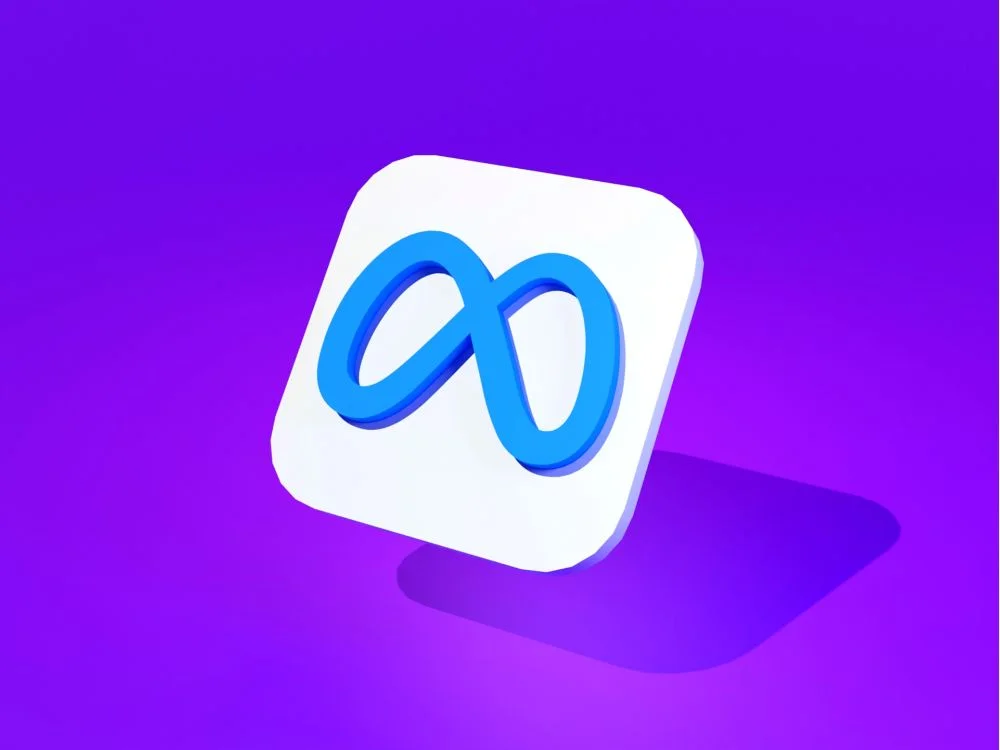LLaMA – Large Language Model Meta AI
By making LLaMA available, Facebook’s parent company, Meta, has significantly advanced artificial intelligence (Large Language Model Meta AI). LLaMA is a cutting-edge foundation language model created to assist researchers in furthering their work in the area of AI. This model’s publication is a result of Meta’s dedication to open science and democratizing access to AI research.
It takes less computing power and resources to test new ideas, evaluate the work of others, and investigate new use cases thanks to the smaller and more effective LLaMA model. It is offered in a variety of sizes, spanning from 7B to 65B specifications. Foundation models like LLaMA are perfect for fine-tuning for a range of applications because they train on a broad set of unlabeled data. Meta wants to make it possible for other researchers who don’t have access to extensive infrastructure to explore these models by making LLaMA available.

Big language models are natural language processing (NLP) systems that have billions of parameters and have demonstrated unprecedented capacities to produce original writing, resolve mathematical conundrums, forecast protein structures, and more. Due to the resources needed to build and maintain such huge models, unrestricted access to them for research purposes is still restricted. The inability of academics to fully comprehend how and why these substantial language models operate has stymied efforts to increase their robustness and address identified problems, such as bias, toxicity, and the propensity to spread false information.
Smaller models that have been trained on more tokens are simpler to retrain and fine-tune for certain prospective product use cases. LLaMA is trained on 1.4 trillion tokens and concentrates on text from the 20 languages with the greatest number of speakers, with a preference for those written in the Latin and Cyrillic alphabets. As a foundation model, LLaMA is intended to be flexible and may be applied to a variety of use cases, as opposed to a finely tuned model that is created for a particular goal.
Similar to other big language models, LLaMA faces issues with prejudice, harmful remarks, and hallucinations. However, Meta offers a set of benchmark evaluations that assess model biases and toxicity in order to highlight the model’s shortcomings and encourage more investigation into this important topic. Sharing the LLaMA code will make it simpler for other researchers to test out fresh ideas for minimizing or removing these issues in large language models.
Meta is providing LLaMA under a non-commercial licence with a focus on research use cases in order to uphold integrity and prevent abuse. Academic researchers, people connected to organizations in government, civic society, and academia, as well as international corporate research laboratories, will all have case-by-case access to the model.
LLaMA is a ground-breaking advancement in the field of artificial intelligence, especially in the area of large language models. By making this model available, Meta has taken a huge step in democratizing access to AI research and making it possible for other academics to study these models without the need for expensive infrastructure. We are eager to see what the community can discover — and ultimately build — using LLaMA because we think the entire AI community must collaborate to create clear principles around responsible AI in general and responsible large language models in particular.
Reference Link: Facebook Official Blog










